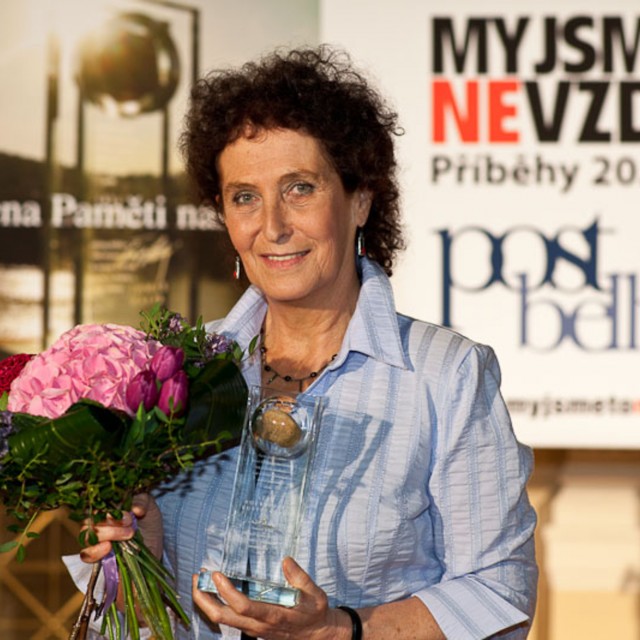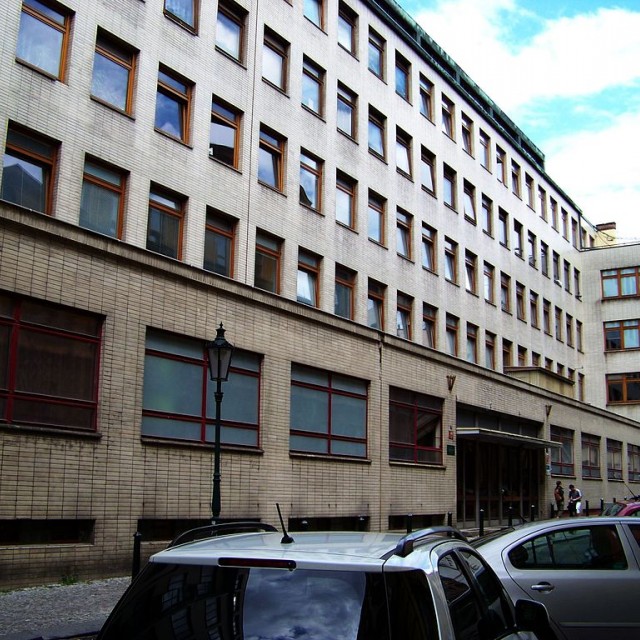I was ready for the first interrogation
The spouses Věra and Pavel Roubalovi were among the first signatories of the Charter 77. According to Věra Roubalová, they basically lived a happy family life until that moment. But this was soon to change after the imprisonment of their friend and former schoolmate Jiří Müller for distributing leaflets. It was him who introduced the spouses to the Charter and according to Věra Roubalová, they did not hesitate to sign it. It was an obvious thing for them to do: “The signing of the Charter was nothing special for us, it was a necessity, even though we knew that everyone signing it will be interrogated.” They did not have to wait too long for the invitation to the first interrogation: “The first to be interrogated was Paul but he only had one strategy – he never said anything. When I was to be interrogated for signing the Charter, I was ready. I was very nervous and thus I saw a couple of people and asked them how to behave. At the interrogation, I just told them that I had very bad experiences with the secret police. I told them that in the 1950s, the StB forced my father to tell lies after a long time in solitary confinement. Thus I didn’t trust them and I refused to talk to them. They tried it a few more times. There was always one bad guy and one good guy. The good guy tried to convince me by talking about my children: “We know you have children, even though they’re still young. But one day, you’ll want to see them going to school’. So they tried sort of the classical methods that they’d employ over and over again. But I was ready for it, I simply refused and that was it.”
Hodnocení
Hodnotilo 0 lidí
Routes
Not a part of any route.
Comments
No comments yet.










